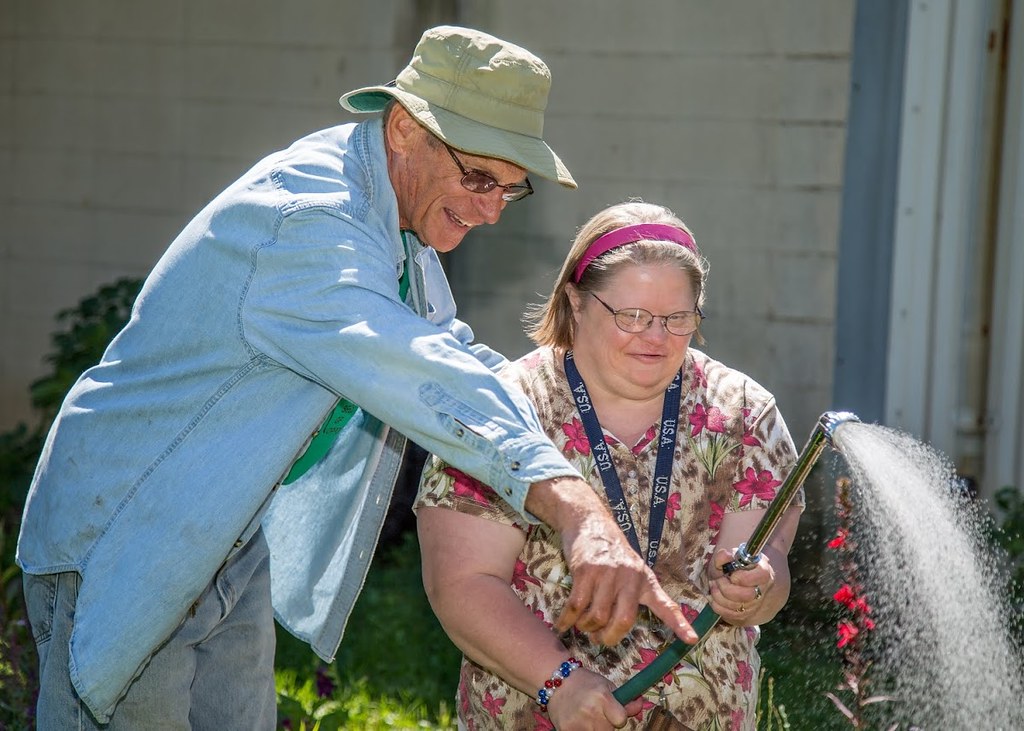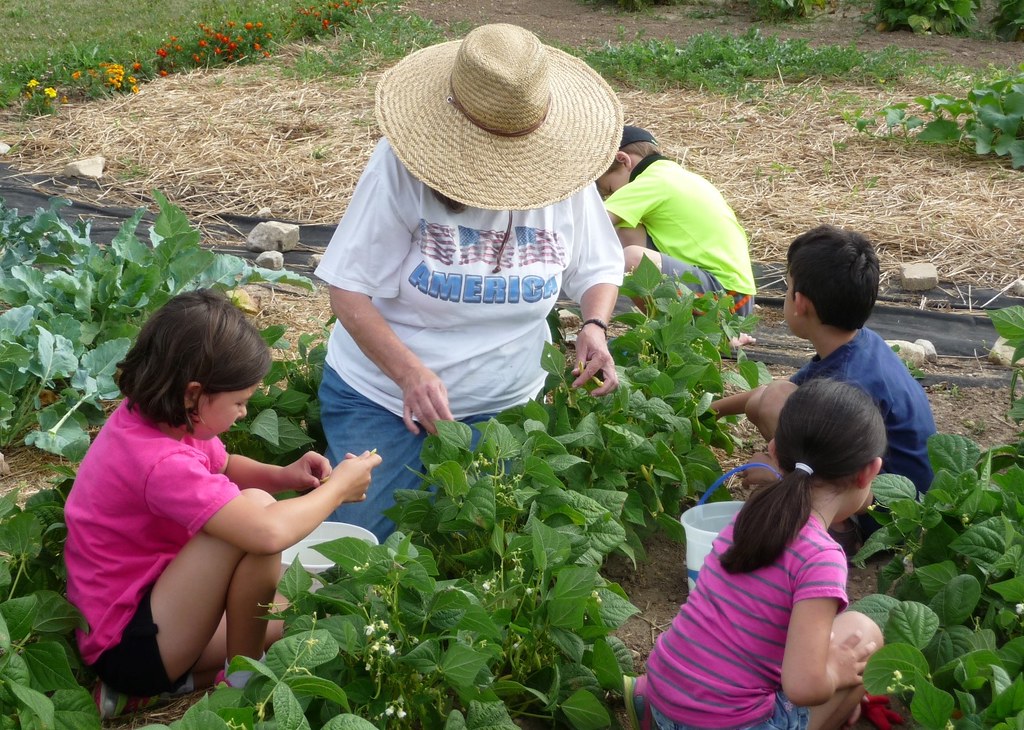Being a Master Gardener
The Wisconsin Extension Master Gardener Program supports a network of individuals dedicated to horticulture education, service, and lifelong learning. Through university research-based horticulture training they are equipped to address needs and opportunities in their community and throughout the state.


Master Gardeners are motivated individuals using gardening to make a difference in their communities. The Master Gardener Program provides plant-related continuing education opportunities to grow their gardening know-how. Local organizations benefit from the garden-related volunteer activities and education provided by Master Gardeners. Together, we can improve lives and communities through gardening.
You DON’T need to know everything about gardening — you’ll learn more and more as you participate in the program. You DO need to have an interest in learning and giving back to your community. Science and digital literacy are also recommended.




